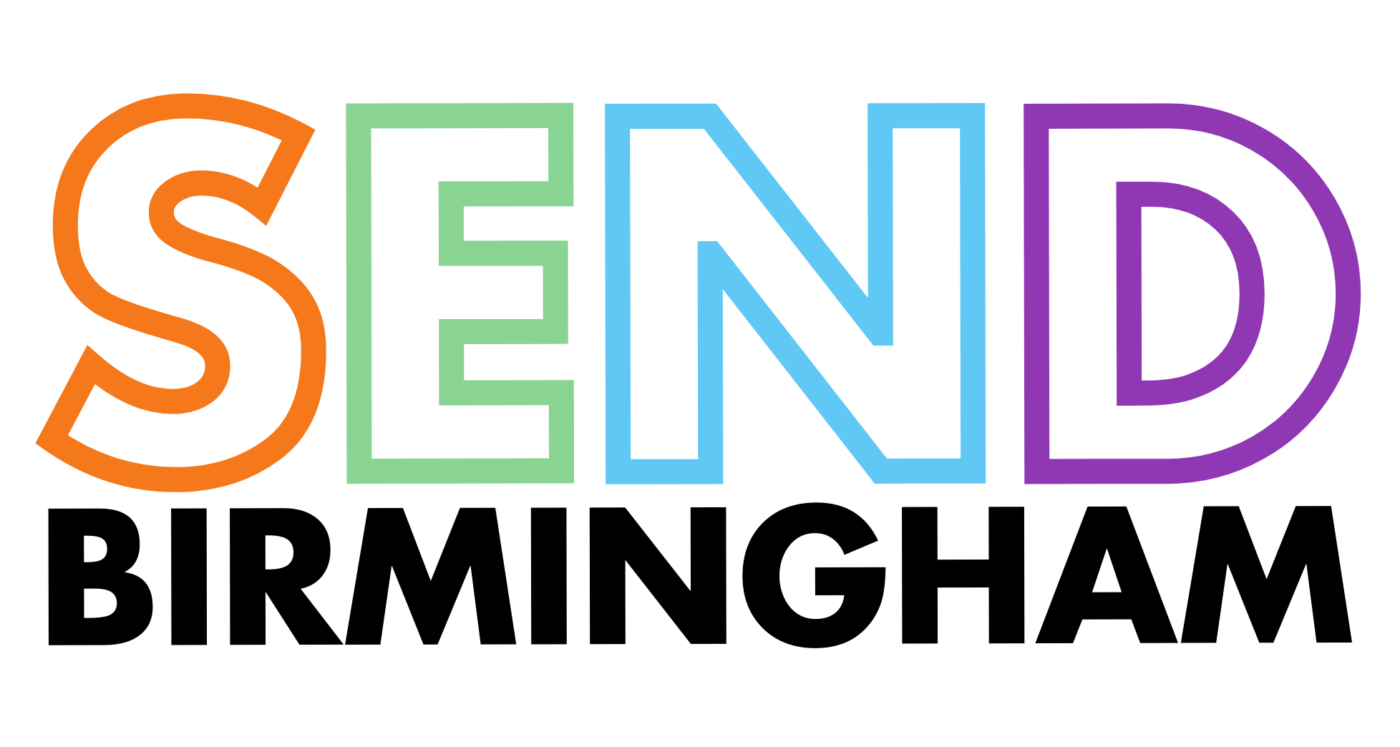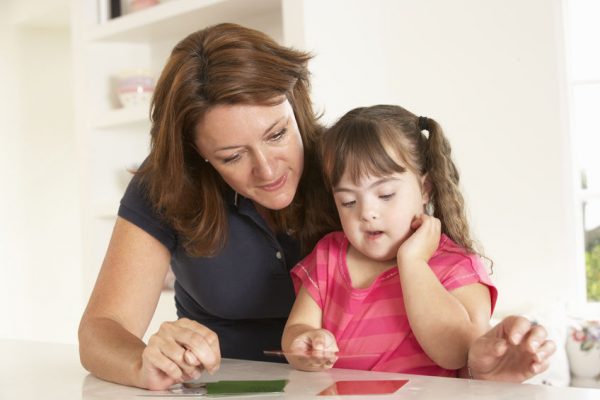Special Educational Provision
Special educational provision for a child under two years of age means educational provision of any kind. For babies and children with specific needs, this is delivered by specialist advisory and support teams before attending an early education setting.
For a child aged two or over, special educational provision means provision that is additional to, or different from, that made generally for others of the same age in early education settings and schools. Provision in early years settings is everything that is in place to help your child learn and develop. This includes the environment, the resources and how staff communicate and interact with your child during play and planned activities.
For most young children with special educational needs and disabilities, special educational provision will be in their mainstream early years setting. All early years settings are required by law to be inclusive and are committed to welcoming all children and to meeting their unique needs.
A child with emerging or identified SEND will have an individual plan that identifies their strengths, needs and the provision in place to support their learning and development progress.
Before a child’s needs can be met, they must be identified.
Identifying a child’s needs does not happen once. It is an ongoing process because needs change over time as your child grows and learns in response to the provision in place to support their progress. To identify your child’s strengths and needs, staff in any early years setting will regularly speak with you to gather all the important information you know. They will also observe and interact with your child daily, periodically assessing their current development relative to what is typically expected of a child of their age.
Records of observation and assessment will inform the plans made to help your child achieve their next steps.
If after some time your child’s key person or teacher is concerned that your child is not making expected progress, they will share this with you and will seek the advice and support of the school Special Educational Needs Coordinator (SENCo) based in school or setting. If your child accesses their early education with a childminder they will also have support from professionals to help with identifying and supporting your child’s need.
The SENCo will partner with you and your child’s key person or teacher to consider whether provision in the setting is meeting your child’s needs. This may involve the SENCo directly observing and interacting with your child and considering their learning and development progress over time.
Setting staff will agree with you on what action they will take. If it is thought that your child has special educational needs this will involve something that is ‘additional to or different from’ what is routinely provided for all children in the setting.
You will be involved in developing a written plan with setting staff which will usually include:
- Information about your child’s strengths and needs, likes and dislikes and what you hope for them in the future. This section is often called ‘All about Me’ or ‘My Story’.
- Their next steps, these may be called outcomes or targets
- A description of the provision that will be made to support their progress
- The expected progress your child will make in an agreed time period
- An agreed review date
You will be given a copy of the plan and ideas as to how you can partner with the setting staff to help your child. All children benefit from a consistent approach. Once support has been put in place to meet your child’s needs, their progress will be regularly reviewed, and you will be invited to contribute to review meetings.
Most children’s needs can be fully met in the mainstream early education setting of your choice.
If there is evidence, over time, that the provision made in a child’s early education setting is not supporting them to make expected progress, advice can be sought by the setting from the specialist SEND support services. These services support children in all of the 10 Districts into which early years settings and schools are organised. Your consent will always be sought before this happens and setting staff will seek to include you in conversations.
There may be a need for additional resourcing to meet the needs of some early years children. Professionals in the specialist SEND support services will offer support and advice around this.
Some children may need a SEN Support Provision Plan. Other children may need an Education, Health and Care Plan.
As parents and carers, you are your child’s first educator and know your child best. You:
- have a vital role in supporting your child’s education
- should be consulted about decisions that affect your child
- should have your views and the views of your child taken into account
- can talk to the early years setting staff with any concerns
- can expect that the wishes of your child will be listened to and/or that staff will seek to understand these through observation of your behaviour
- should have a copy of your child’s individual SEN Support plan/SEN Support Provision Plan/Education, Health and Care plan.
Early Education Providers will:
- inform parents and carers before your child first starts receiving extra or different help
- make time to listen to any concerns from parents and carers
- get to know each child through observation, interaction, and by listening to them
- share copies of the child’s support plans and include parents and carers in the review of these
Your child’s early years setting should provide you with the following:
General Information about the setting/school
This may be called a prospectus and normally contains useful information which might include the setting’s ethos, facilities and activities, admissions procedures and partnership with parents/carers. Many settings have a website where you can also read this information.
Policies
All settings must have written policy statements, available to you, in line with the safeguarding and welfare requirements of the early years foundation stage. This will include an inclusion/special educational needs and disabilities policy.
School SEND Information Report
If your child accesses their early education in a nursery school or nursery class in a primary school, the school must publish information on their website that gives information about how they implement the school’s policy for SEND. This is sometimes called the school’s Local Offer or School Offer for SEND. You can ask the school for a copy if you do not have access to the website.
Newsletters
Many settings send regular newsletters giving information about setting life (e.g. events and activities, staff training days and staff changes)
Your child’s records
All early education settings must provide, as a minimum, progress reports in line with the requirements of the early years foundation stage. Settings will have arrangements in place for your child’s key person/teacher to regularly share information with you about your child’s learning and development. This could be informally on a day-to-day basis or at specific meetings such as parent’s evening. Information about your child’s learning and development is often held in a record which may be called a learning story or journey. It usually includes photographs, examples of activities they have engaged with and some description of how they play and of the skills and knowledge they are showing.
As a parent/carer, you have a right to access your child’s educational records. This covers information such as records about your child’s learning and development as well as any letters and reports received or sent relating to your child. If your child has Special Educational Needs their records will include any individual plans detailing the additional support from the setting.


